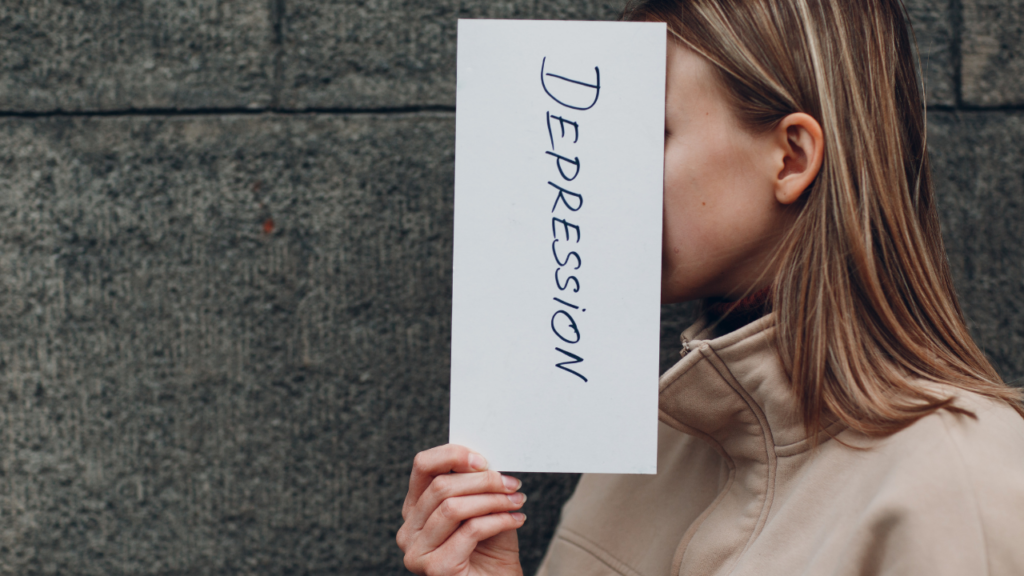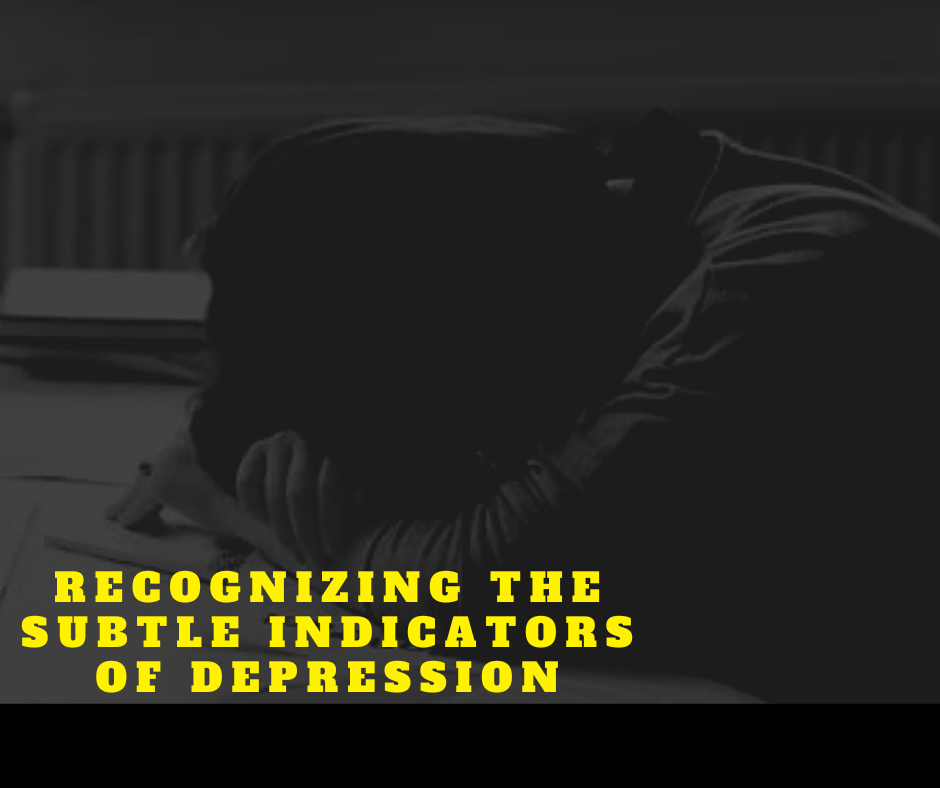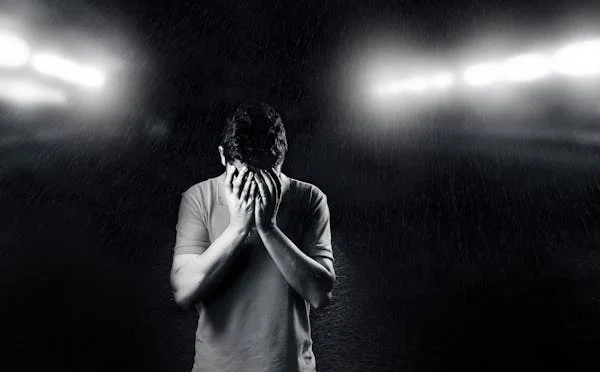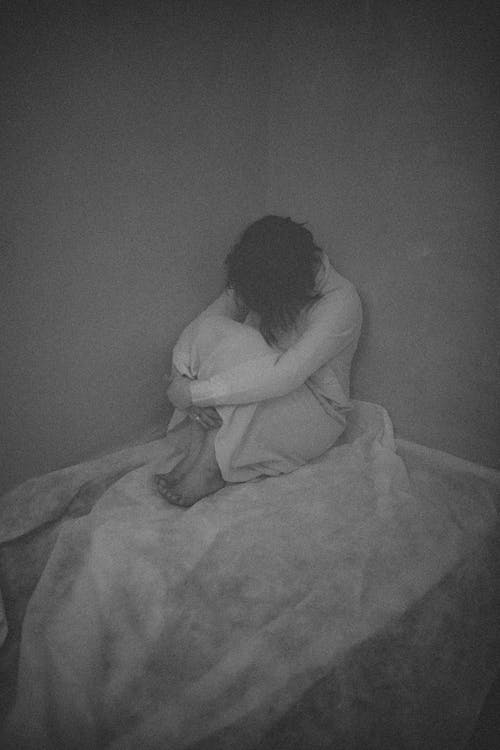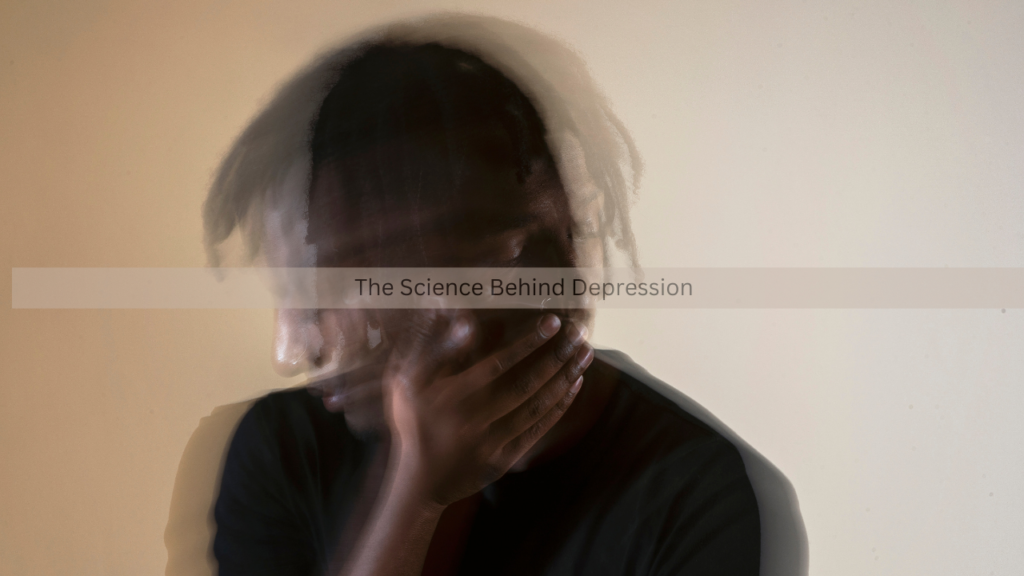
Depression is more than just feeling sad or down; it is a complex mental health disorder that affects millions of people worldwide. Understanding the science behind depression can help demystify this condition and offer insights into its causes, potential triggers, and the biological processes that contribute to its development.
Biological Basis of Depression
Depression is believed to be linked to an imbalance in brain chemicals, particularly neurotransmitters such as serotonin, norepinephrine, and dopamine. These chemicals play a crucial role in regulating mood, emotions, and pleasure. When the levels of these neurotransmitters are disrupted, it can lead to feelings of sadness, lack of motivation, and hopelessness — hallmarks of depression.
The serotonin hypothesis, one of the most well-known theories, suggests that low levels of serotonin contribute significantly to depression. Serotonin is involved in regulating mood, sleep, and appetite. While this theory has been foundational in the development of antidepressant medications, more recent research suggests that serotonin imbalance is only one part of the puzzle.
In addition to neurotransmitters, brain structure and function play an essential role in depression. Studies have shown that individuals with depression often exhibit changes in brain areas such as the hippocampus, amygdala, and prefrontal cortex. These areas are responsible for memory, emotional regulation, and decision-making. For example, a smaller hippocampus is commonly observed in people with chronic depression, which may explain cognitive symptoms like difficulty concentrating or remembering.
Genetic Factors
Genetics also contributes to the risk of developing depression. Research indicates that depression can run in families, and having a family history of depression increases the likelihood of experiencing it. However, depression is not caused by a single gene; rather, it is a result of multiple genetic factors interacting with environmental influences.
Certain genes may affect how the brain responds to stress or processes neurotransmitters. For example, variations in the serotonin transporter gene have been associated with an increased risk of depression, particularly in individuals who experience stressful life events. This highlights the gene-environment interaction, where genetics can make a person more susceptible to depression in response to external factors.
Environmental Triggers
While biological and genetic factors lay the groundwork for depression, environmental triggers often act as catalysts. Life events such as trauma, abuse, loss, or prolonged stress can trigger depression, particularly in individuals who are already genetically predisposed. These events can overwhelm the brain’s ability to cope, leading to the onset of depressive symptoms.
Chronic stress is one of the most common environmental triggers of depression. When a person experiences long-term stress, their body releases excessive amounts of cortisol, the stress hormone. High levels of cortisol can damage brain structures like the hippocampus and affect neurotransmitter function, increasing the risk of depression.
Inflammation and the Immune System
Recent research has suggested a potential link between depression and the immune system. Inflammation, the body’s natural response to injury or infection, can become chronic in some individuals. Studies have found elevated levels of inflammatory markers in people with depression. It is hypothesized that chronic inflammation may affect the brain’s neurotransmitter systems and contribute to the symptoms of depression.
Conclusion
Depression is a multifaceted condition with no single cause. It arises from a combination of genetic, biological, psychological, and environmental factors. Understanding the science behind depression, including the role of neurotransmitters, brain structure, genetics, and environmental triggers, can help reduce stigma and promote more effective treatment approaches. As research continues, the hope is to further unravel the complexities of this disorder and develop better interventions for those affected by it.
